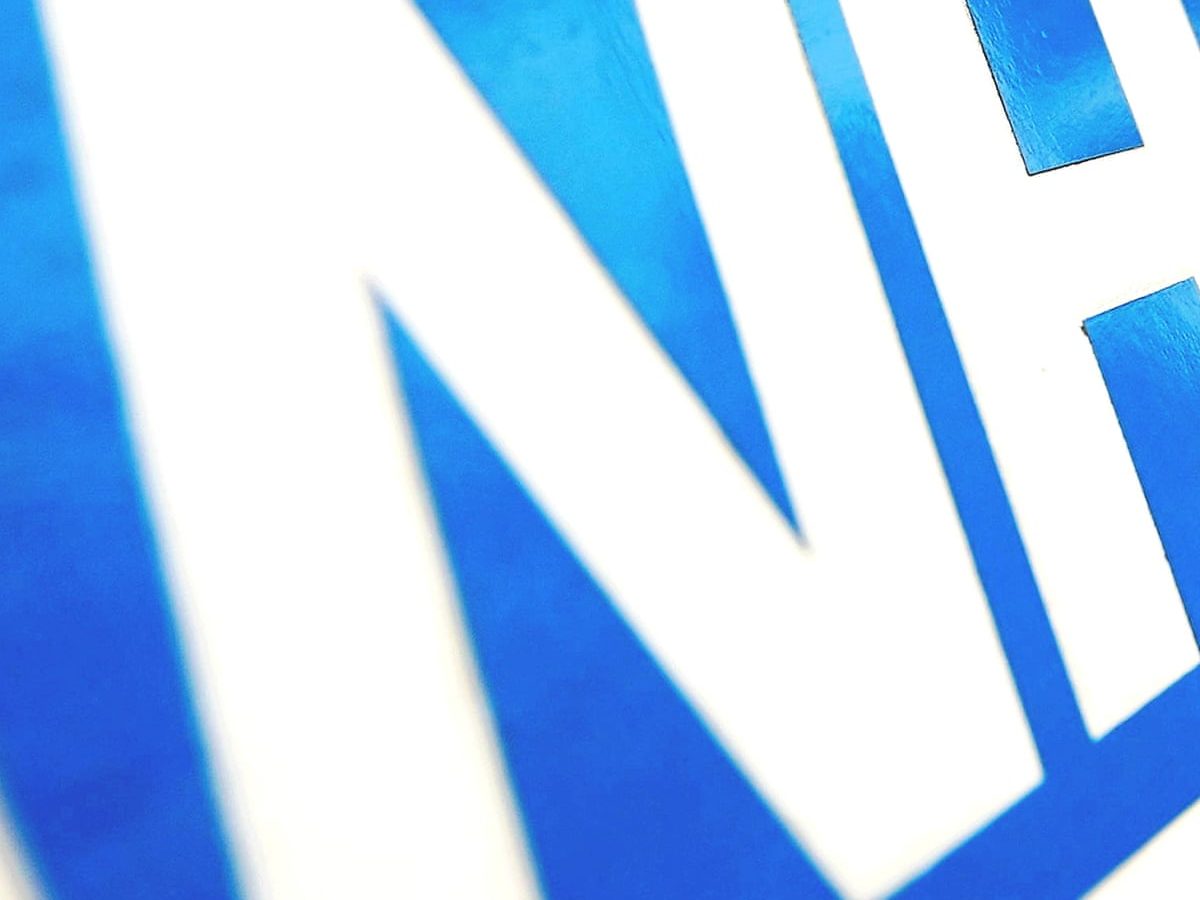Plans for post Covid NHS hatched behind the lockdown
Thu 10:33 am +01:00, 21 May 2020John Lister
Debates over relaxing the lockdown and whether or not the peak of the Covid-19 crisis may now be behind us have run alongside fleeting glimpses of the surreptitious plans being laid to exploit the continued lockdown on NHS public meetings and spring a succession of unpleasant surprises on the NHS as soon as any recovery period begins.
As we go to press [May 14th] The Lowdown has also seen a letter from NHS England’s London Regional Director Sir David Sloman, sent out internally on April 29 but not published, requiring Integrated Care System Chairs and Senior Responsible Officers to take “urgent action” on system plans for London that “fundamentally change the way we deliver health and care.”
Each ICS is ordered to supply a “revised ICS plan” by Monday May 11. The letter spells out a 12-point list of issues on which bureaucrats in each area are supposed to devise new policy, on the hoof, for a “Recovery Board” meeting on May 13.
Even if the country was not on lockdown, this 12-day turn-round period for proposals on fundamental changes for a New Health and Care system for London, to be in place by November 2021, would indicate a complete disregard for any serious consultation or discussion.
But it’s clear from the way this is being done that any notion of public engagement or accountability is a very low priority afterthought. The accompanying Powerpoint presentation entitled ‘Journey to a New Health and Care System’ states that over the next 12-15 months they hope to keep public engagement to a bare minimum: “Include public and stakeholders in the process within the constraints of an emergency”.
It proposes mergers of admin and clinical support services, implying job losses, and a focus on getting people out of hospital as soon as possible – but with no details on how they should be supported after that.
Chances of seeing a health professional would be increasingly small, as primary care and outpatients seem set to become “virtual by default”.
Perhaps just as worrying is that while pushing through a whistle-stop process of planning, NHS England is only planning a snail’s pace return to previous levels of elective surgery: “a plan to restart routine elective care as outlined in the national guidance within 12 months”.
The Powerpoint slides also make clear NHS England is looking to use private hospitals to clear the waiting list that has grown so rapidly with months of cancelled elective operations.
There is no discussion of where the staff are to be found to carry out this additional work, or the added costs of prolonging the NHS block-booking of private beds (which have only been partially used during the Covid crisis, while tens of thousands of NHS beds have remained empty).
There is equally little if any consideration of mental health, community services, or the specific problems of social and racial inequalities.
Conspicuously as with every NHS reorganisation there is no attempt whatever to critically assess previous plans and proposals, and the extent to which so many plans since Sustainability and Transformation Plans in 2016 have disastrously focused on cost-cutting, reconfiguration and cutbacks in hospital services and capacity – and left the NHS in the capital and throughout England desperately ill-prepared, under-staffed and ill-equipped to deal with a pandemic of any scale.
Clearly the plan is to use jaunty new rhetoric of a “post-Covid NHS” to distract attention while NHS bosses covertly consolidate changes that have been accepted with minimal discussion to deal with the Covid crisis, but which would be controversial as a permanent arrangement.
The London Powerpoint makes this clear under the heading of ‘Innovation’; they see the task as being to: “Catalogue the innovations made,” and to “determine those to be retained; evaluate; plan for widespread adoption (e.g., virtual primary care, outpatients, remote diagnostics, new approaches to triage, workforce models, use of volunteers, remote working, pace and urgency to decision making, financial models)”.
NHS England bosses are keen to exploit the situation to short circuit any consultation, “stepping up the new borough-based ICPs” which are not public bodies and lack any statutory legitimacy, along with “streamlined decision-making” – in other words even less public consultation on anything.
While each ICS is required to catalogue “changes made to date,” they are also warned that “reversal requires London approval”.
So as the NHS eventually emerges from its biggest-ever crisis, campaigners will need to be proactive in preventing NHS England bosses steering it straight into a new system – designed without evaluation of the impact of the crisis measures or consultation with local communities, and without any public accountability.
Those who don’t share NHS England’s vision of the brave new post Covid NHS will need to “stay alert” and “protect our NHS”.
The Lowdown has previously highlighted the continued work of bureaucrats behind the scenes in South West London to drive through a controversial hospital reconfiguration that could halve numbers of acute beds – while all public meetings and discussions are paused.
These plans reach into Surrey, where the HSJ has now also revealed the newly merged Surrey Heartlands CCG starts life with an inherited deficit of £62m – confirming that the much vaunted recent cancellation of £13.4 billion of NHS debts related only to loans run up by trusts, and that the post-Covid financial regime seems set to be as tight as before.



